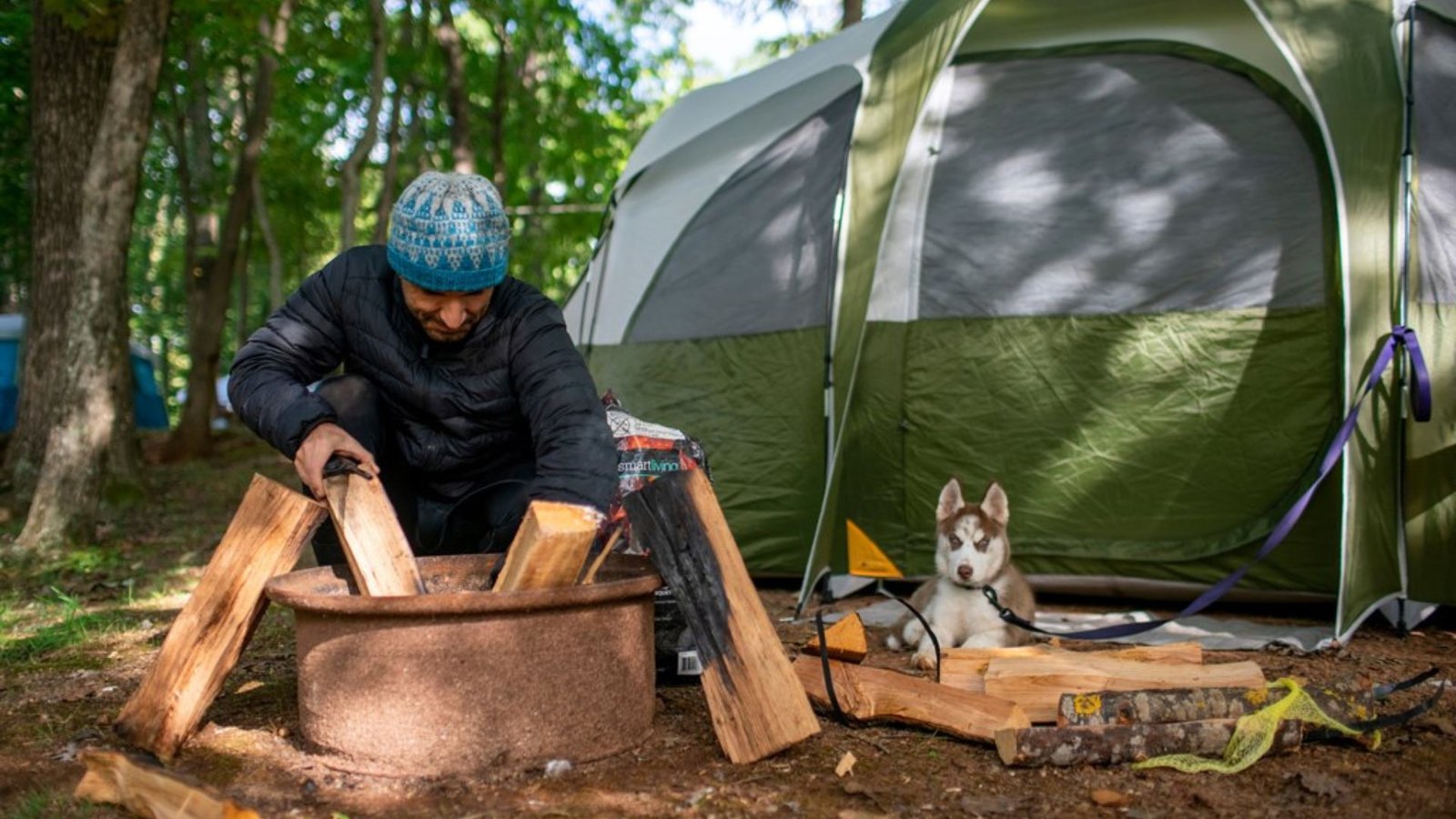California is renowned for its diverse natural landscapes, making it a prime destination for camping enthusiasts. To ensure your outdoor adventures are both enjoyable and environmentally responsible, follow these essential camping tips sustainably.
Camping Sustainably in California
Choosing Eco-Friendly Campsites
Selecting the right campsite is crucial for minimizing your environmental impact. Look for campsites that prioritize sustainability practices such as recycling programs, water conservation efforts, and eco-friendly initiatives. Many campgrounds in California are certified by organizations like Leave No Trace, ensuring they adhere to strict environmental standards.

Packing Light and Smart
When preparing for your camping trip, pack efficiently to reduce waste and minimize your carbon footprint. Bring only essential items, opting for multi-purpose gear and durable, reusable containers. Avoid single-use plastics and excess packaging by packing food in reusable containers and using refillable water bottles instead of disposable ones.
Setting Up Camp Responsibly
Follow Leave No Trace principles when setting up your campsite. Choose designated camping areas to prevent damage to fragile ecosystems and respect wildlife habitats. Pitch your tent on durable surfaces like bare ground or designated tent pads to minimize disturbance to vegetation.
Respecting Wildlife
California’s diverse wildlife adds to the allure of camping, but it’s essential to observe animals from a distance and avoid feeding them. Keep food securely stored in wildlife-proof containers to prevent attracting animals to your campsite. Respect their natural behaviors and habitats by refraining from approaching or disturbing them for photographs or interaction.
Minimizing Campfire Impact
Campfires can pose significant risks to California’s sensitive ecosystems, particularly during dry seasons. Whenever possible, use established fire rings and adhere to local fire regulations. Consider using a portable camp stove for cooking instead of building a fire, reducing the risk of accidental wildfires and preserving natural habitats.
Conserving Water
Water is a precious resource, especially in California’s arid regions. Practice water conservation by using it sparingly for cooking, cleaning, and personal hygiene. Opt for biodegradable soaps and shampoos to minimize environmental impact when washing dishes or yourself. Dispose of greywater (used water from cleaning or bathing) responsibly, ensuring it’s at least 200 feet away from any water sources to prevent contamination.
Managing Waste Effectively
Proper waste management is essential for maintaining the pristine beauty of California’s wilderness areas. Pack out all trash, including food scraps and biodegradable materials. Separate recyclables from trash and deposit them in designated recycling bins where available. Consider bringing a portable trash bag to collect any litter you encounter during your hikes or explorations.
Responsible Hiking and Trail Etiquette
When exploring California’s trails, stay on designated paths to prevent erosion and damage to vegetation. Respect trail closures and avoid creating new paths or shortcuts that can disrupt wildlife habitats. Yield to other hikers and minimize noise to preserve the tranquility of natural surroundings.
Supporting Local Conservation Efforts
Show your appreciation for California’s natural beauty by supporting local conservation organizations and participating in volunteer opportunities. Learn about local flora and fauna to deepen your understanding and respect for the ecosystems you visit.
Educating Yourself and Others
Lastly, share your knowledge and passion for sustainable camping practices with fellow outdoor enthusiasts. Encourage others to follow Leave No Trace principles and advocate for responsible outdoor recreation to protect California’s natural environments for future generations.

